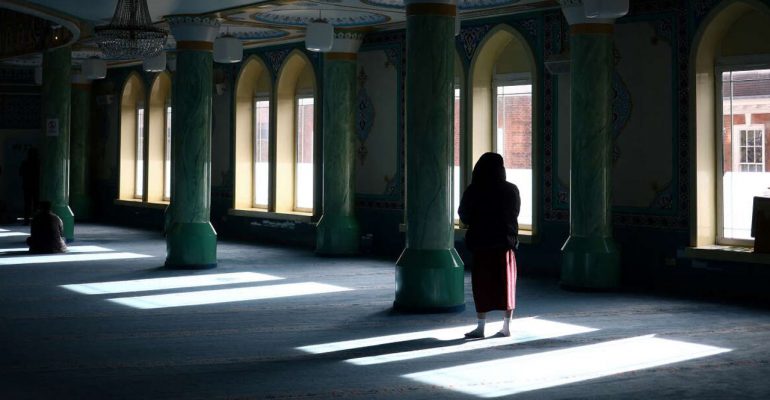New book looks into why French Muslims leave their country: ‘Here, I’m an Arab; in Austria, I’m a Frenchman’
May 23, 2024 2024-05-27 17:02New book looks into why French Muslims leave their country: ‘Here, I’m an Arab; in Austria, I’m a Frenchman’

New book looks into why French Muslims leave their country: ‘Here, I’m an Arab; in Austria, I’m a Frenchman’
In an interview with ‘Le Monde,’ researcher Olivier Esteves presents the conclusions from the survey he co-directed.
After noticing some of their former Muslim students take the Eurostar to leave for London for good, researchers Olivier Esteves, Alice Picard and Julien Talpin decided to take a closer look at why French Muslims were moving abroad. Their “survey of the French Muslim diaspora” was recently published under the title La France, Tu l’Aimes Mais Tu La Quittes (“France, Loving It But Leaving It”).

In an interview with Le Monde, Esteves, an English professor and specialist in English-speaking cultures and societies at the University of Lille, presents the main conclusions from the survey he co-directed.
Le Monde: The book you’re publishing is about French Muslims who decide to live abroad. Do we know how many of them there are?
Olivier Esteves: There are probably tens of thousands of them, but we can’t give a precise figure. First, we don’t know exactly how many French people live abroad since a significant proportion of them do not register on consular electoral lists. Second, there are no religious statistics in France, which means we don’t know how many French people are Muslim.
In any case, the question of “how many” was not what we were most interested in. What we wanted to understand was “why” these French Muslims were leaving their country.
Le Monde: And why is that?
Olivier Esteves: Their main goal is to escape an “Islamophobic atmosphere.” In our interviews, respondents very frequently mentioned the hostile media and political discourse toward Islam and Muslims.
Personal discrimination, particularly in the workplace, also contributed to their decision to leave. Among Muslims, some groups are particularly stigmatized and are therefore more likely to leave. This is particularly true of women who wear a hijab. It is also the case for converts who, in adolescence or adulthood, suddenly experience discrimination they had not experienced as a child.
However, many of them do not leave for just one single reason. In addition to a yearning to escape Islamophobia, they cite other reasons for leaving. Some respondents – a very small minority – felt that they could only find religious fulfillment by settling in a Muslim country. Others, more numerous, also left to learn English, because of their thirst for adventure or to seize new professional opportunities.
Read the full interview on: Le Monde







